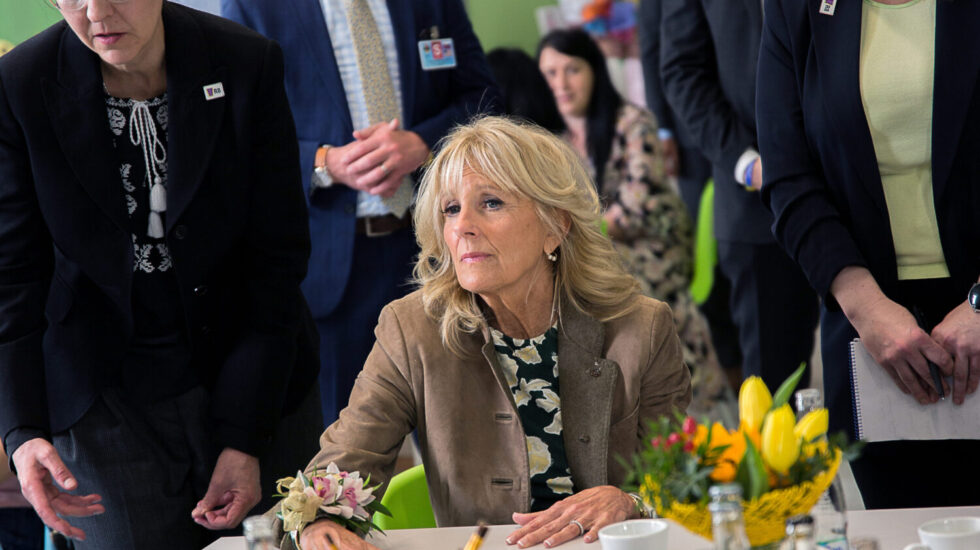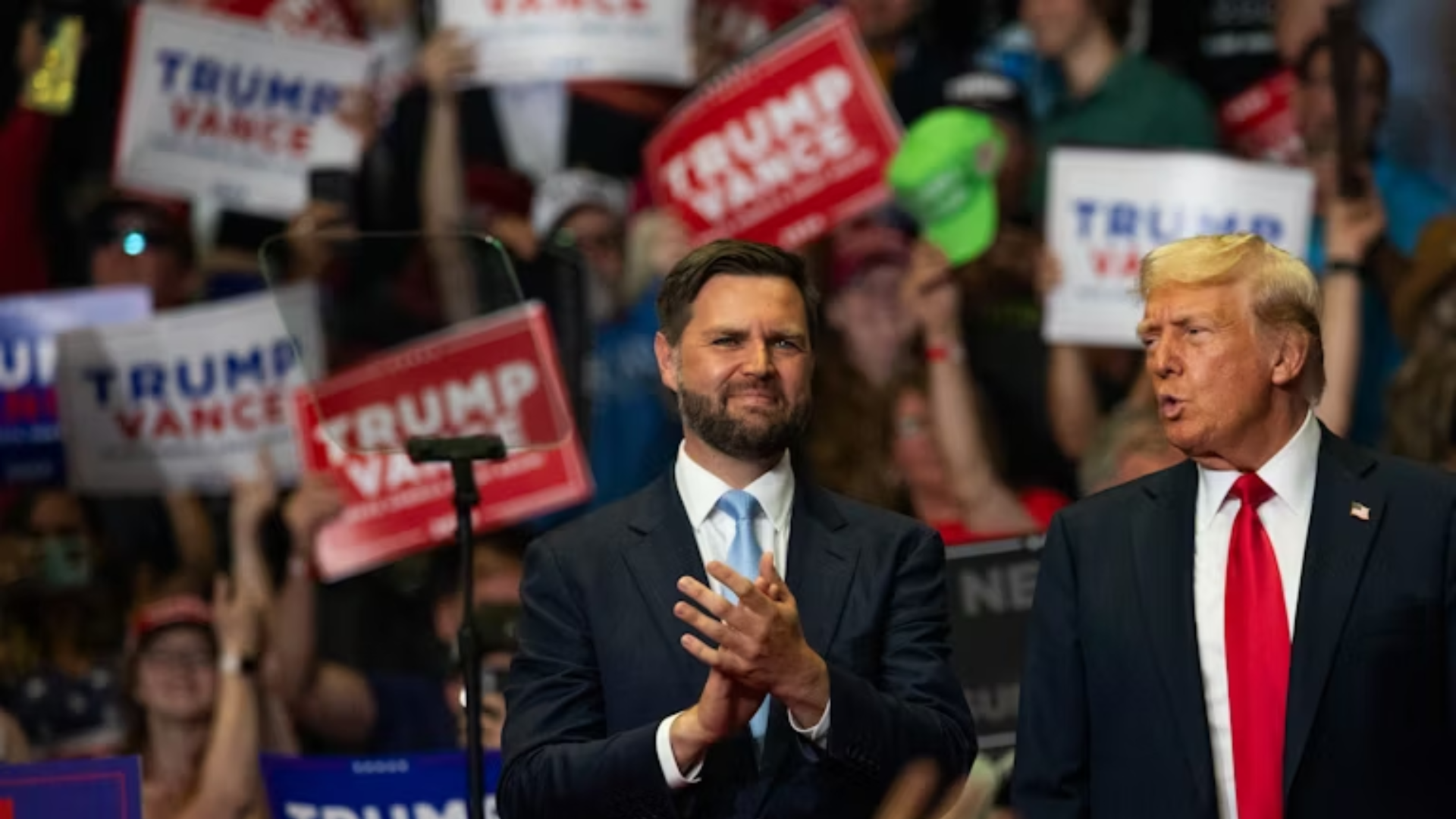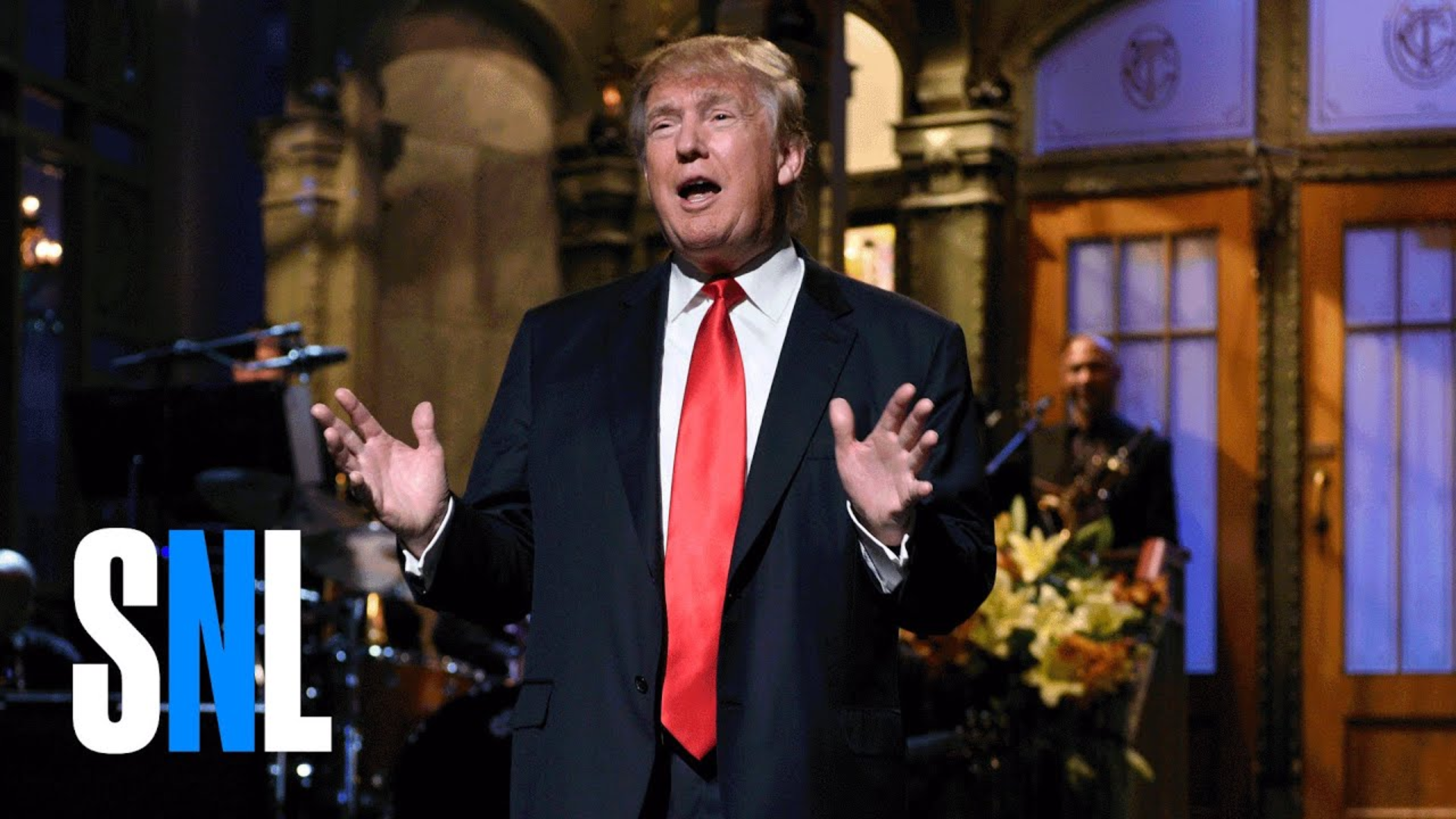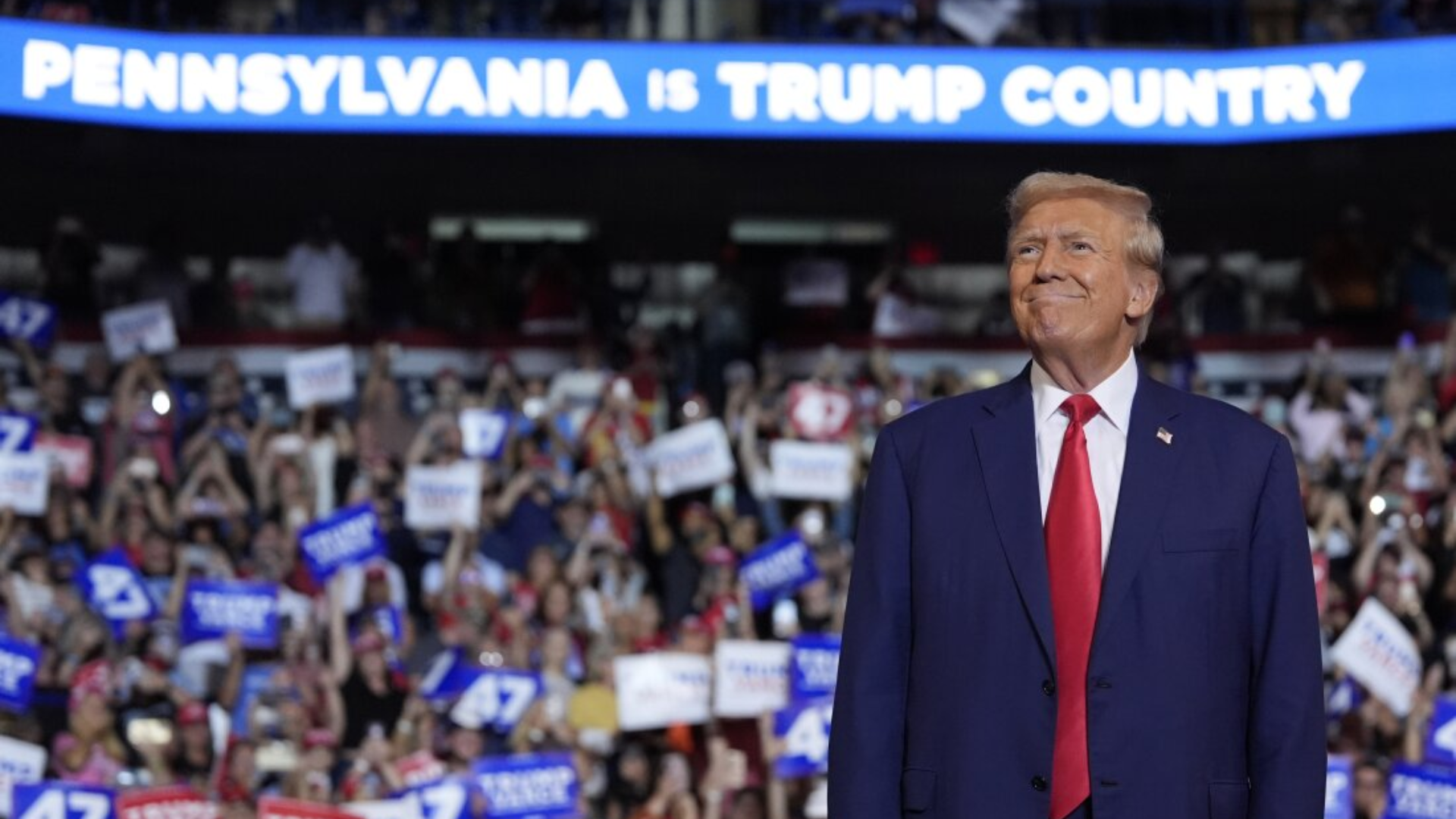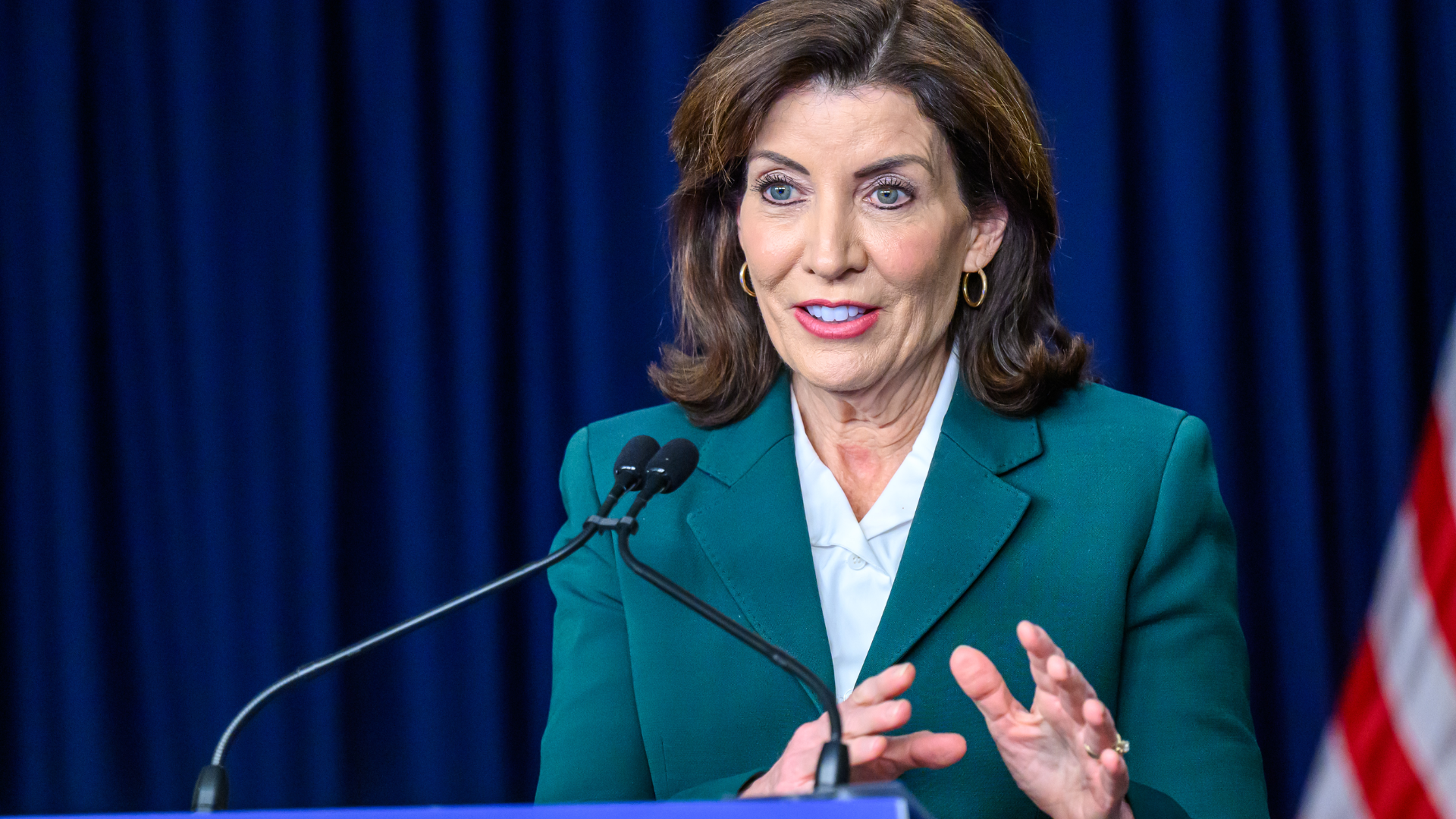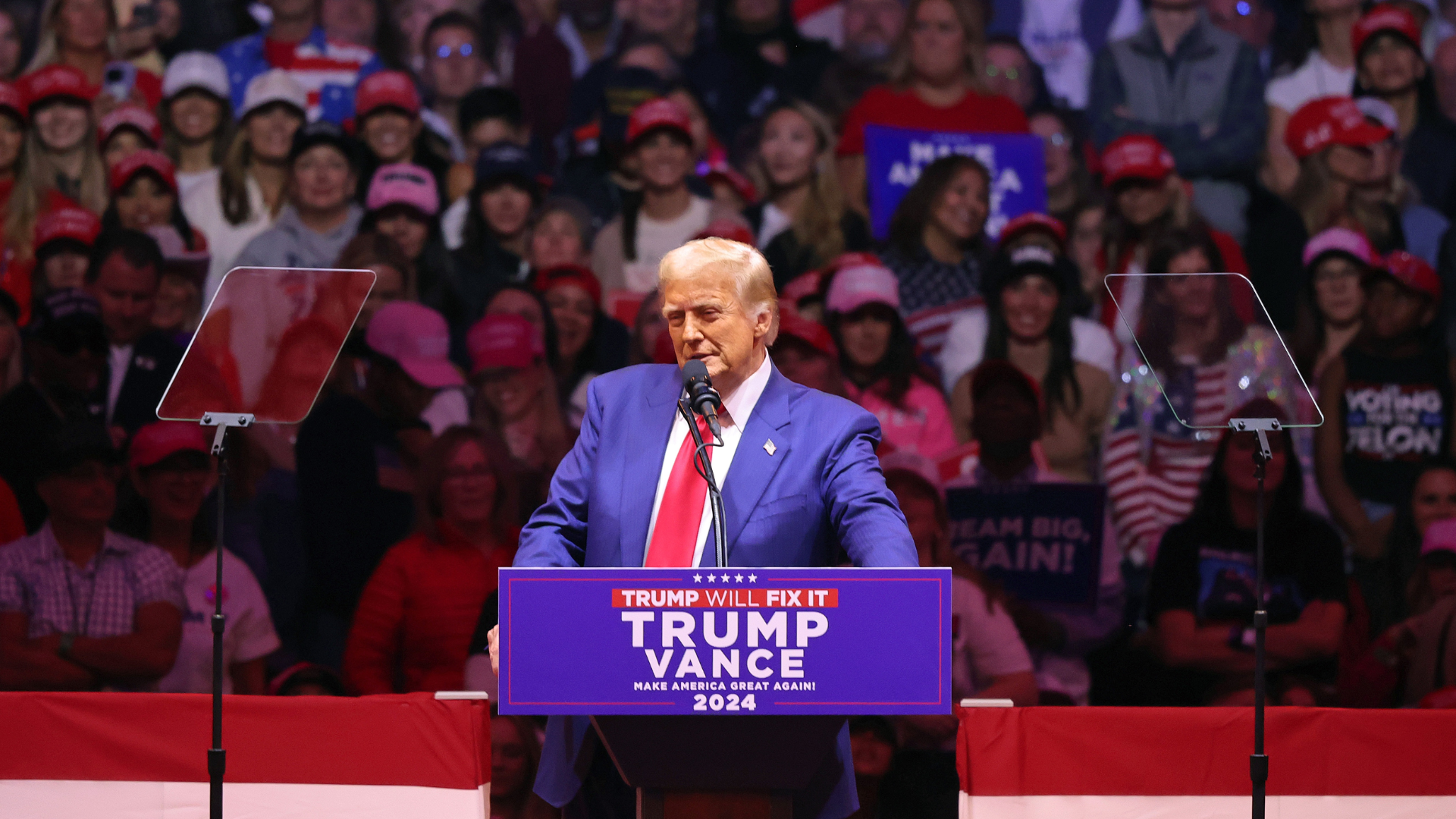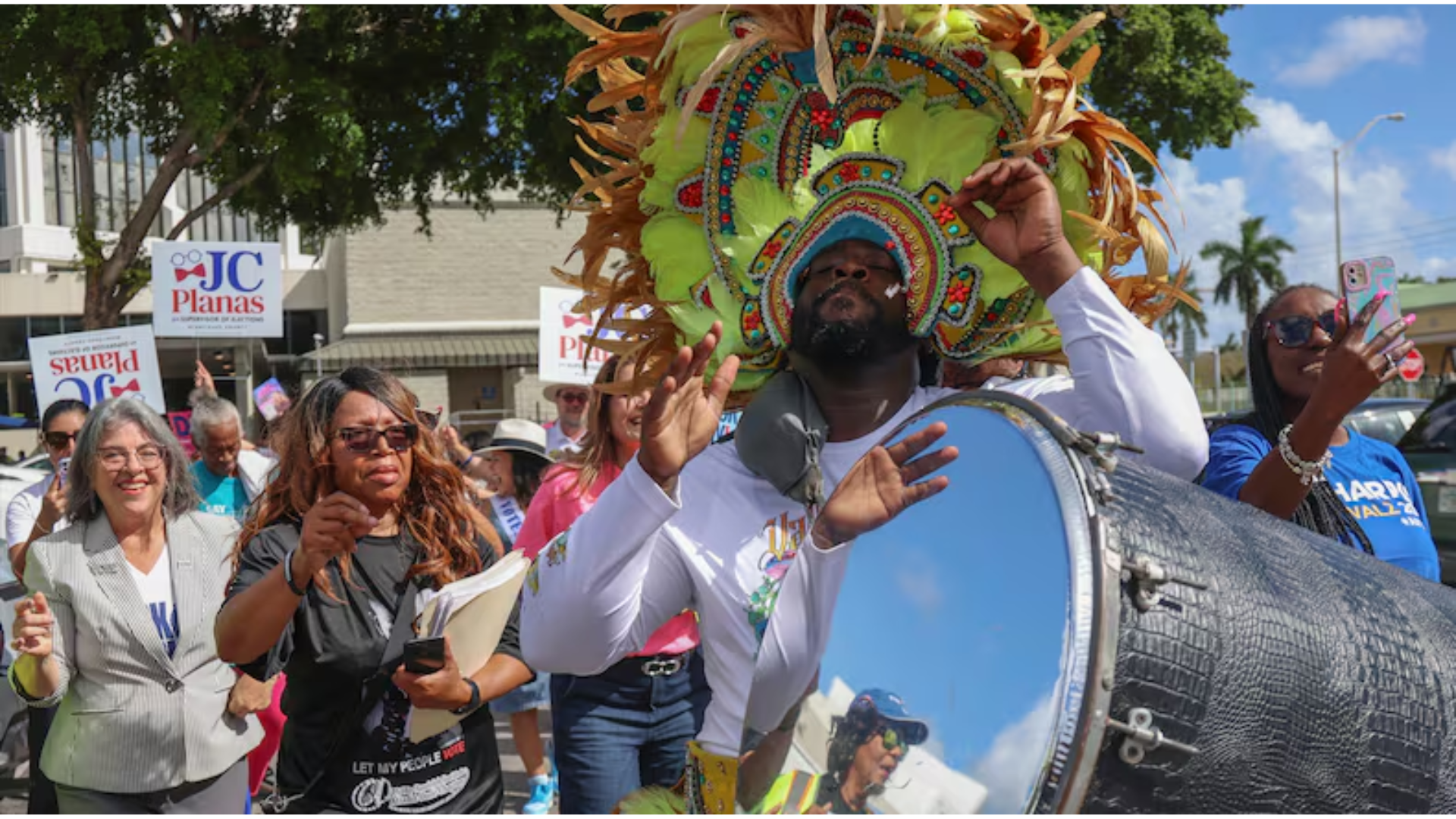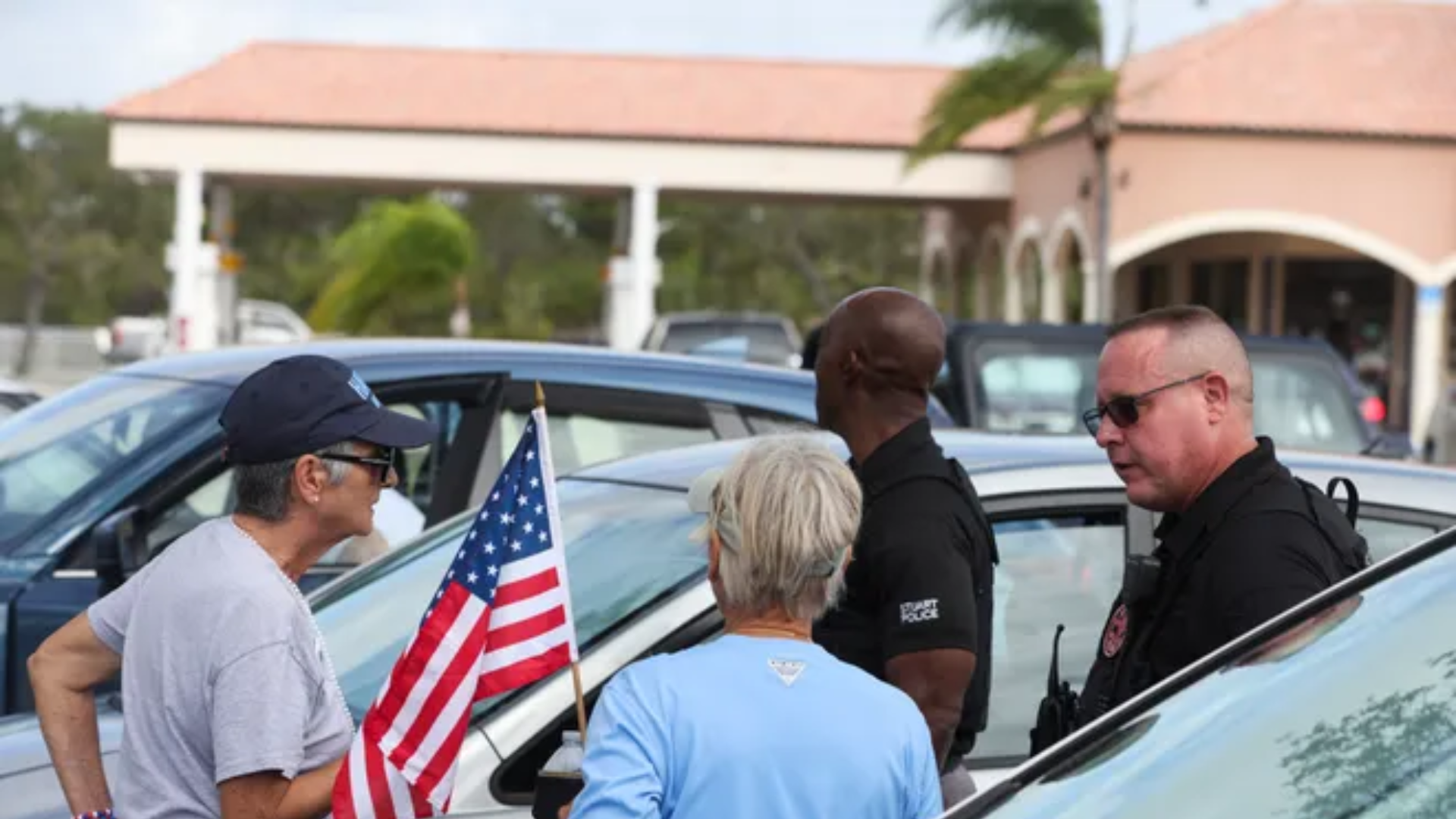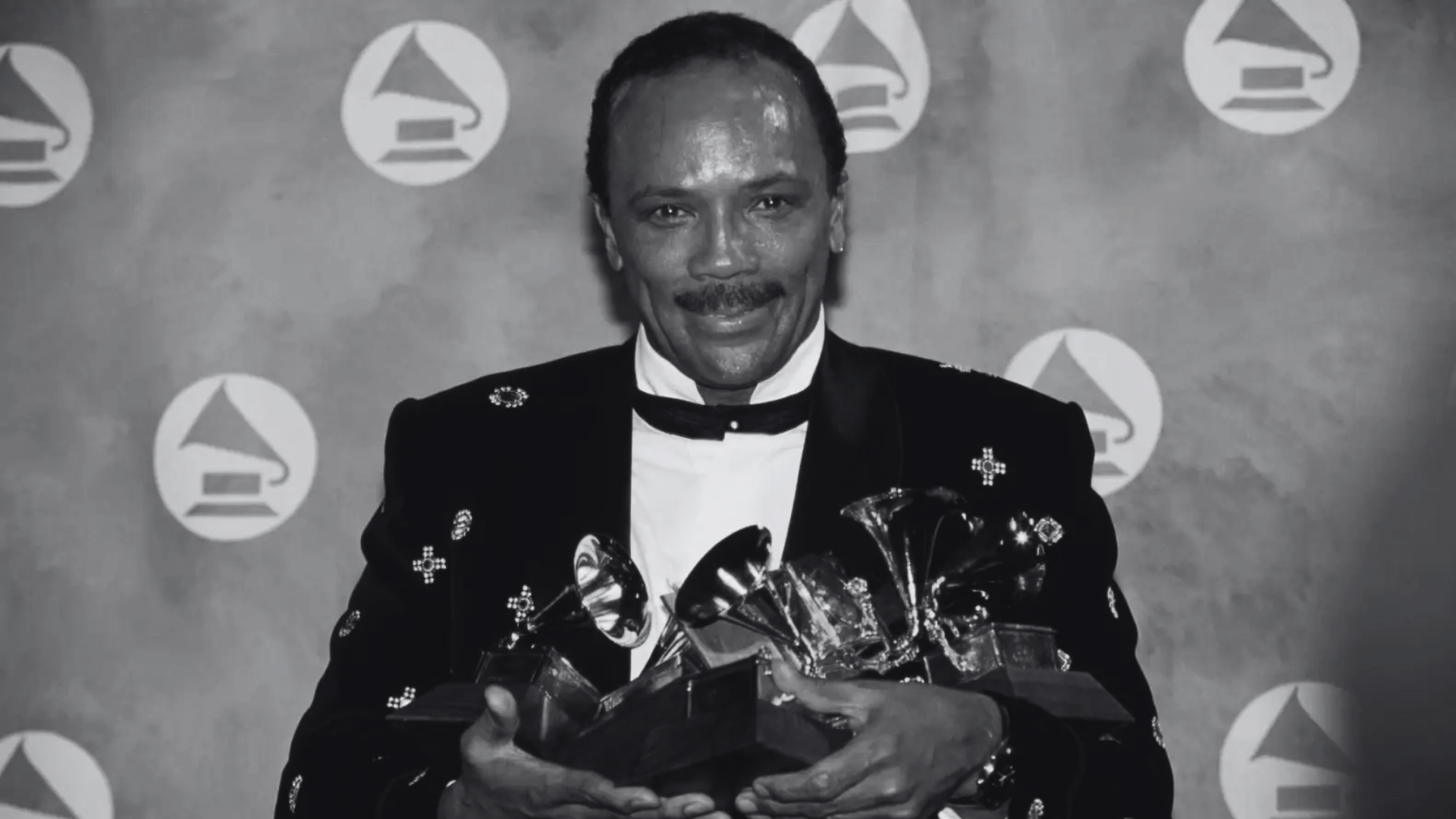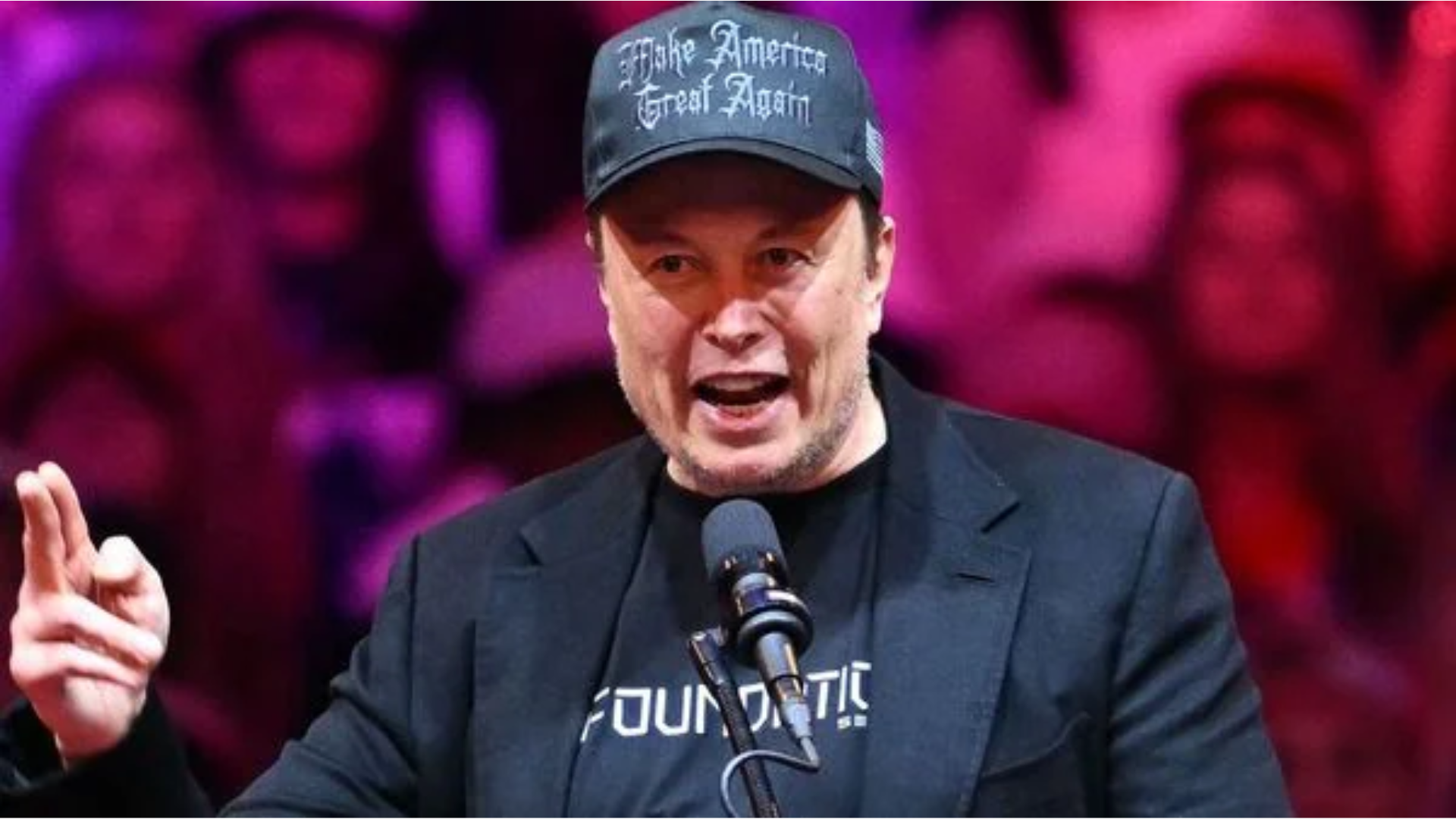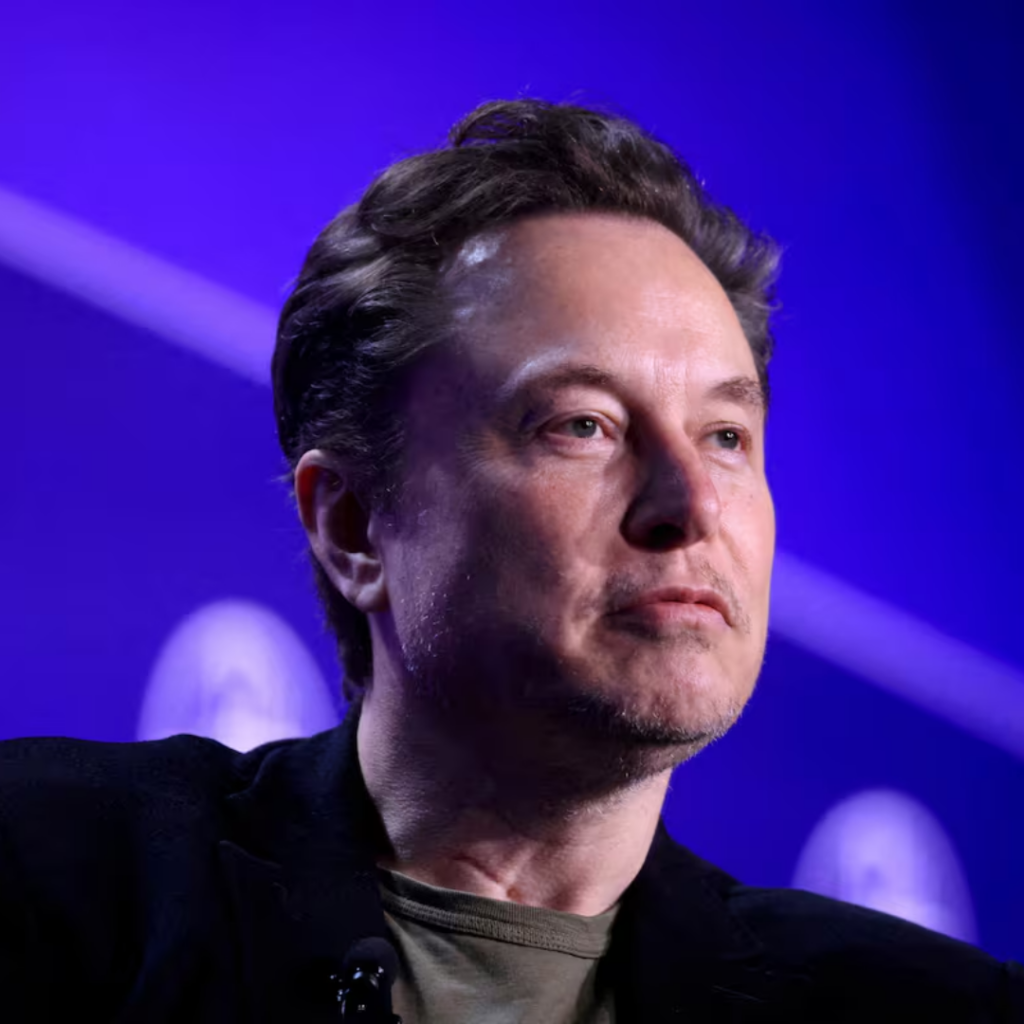
Billionaire Elon Musk did not appear in a Philadelphia courtroom on Thursday, despite a judge’s order that “all parties must be present.”
The Tesla founder and X owner was summoned as Philadelphia District Attorney Larry Krasner sued Musk over a controversial plan by his super PAC to award $1 million daily to voters in key battleground states during the 2024 election.
The hearing, held in Judge Angelo Foglietta’s civil courtroom, was attended by Krasner and his team, as well as Musk’s attorneys. The lawsuit challenges America PAC, a super PAC supported by Musk with tens of millions of dollars, over its lottery-style incentives.
The PAC has reportedly awarded $1 million each to 12 individuals, including four from Pennsylvania, to encourage support for a petition endorsing free speech and gun rights.
On Wednesday night, Musk’s attorneys filed to move the case to federal court, arguing it belongs under federal jurisdiction, not the local Court of Common Pleas. A judge approved the transfer, but Krasner’s team contested the decision, insisting that the case involves state law issues and should remain at the state level.
By Thursday afternoon, a federal judge ordered Musk’s attorneys to file a response by 10 a.m. Friday to Krasner’s request to remand the case to state court.
“We will proceed to federal court and address the issues there, seeking to have the matter remanded back to state court,” John Summers, an attorney for Krasner, stated. “This is a case that involves state law issues, and I’ll leave it at that.”
Musk, who has aligned himself with former President Donald Trump, has made waves with his involvement in America PAC, which supports Republican candidates. Critics argue that the PAC’s lottery program could be seen as an attempt to influence votes in swing states by offering substantial financial rewards.
Krasner’s office claims the lottery raises ethical and legal concerns, particularly around potential interference with election integrity. “The Philadelphia District Attorney is charged with protecting the public from nuisances and unfair trade practices, including illegal lotteries,” Krasner stated after filing the suit. “The DA is also charged with protecting the public from interference with the integrity of elections.”
Compounding the issue, the Justice Department recently issued a letter warning America PAC that its lottery program might violate federal laws regarding payments to voters. The details of the letter are not public, but it reflects the government’s apprehension over large-scale financial incentives tied to voter influence.
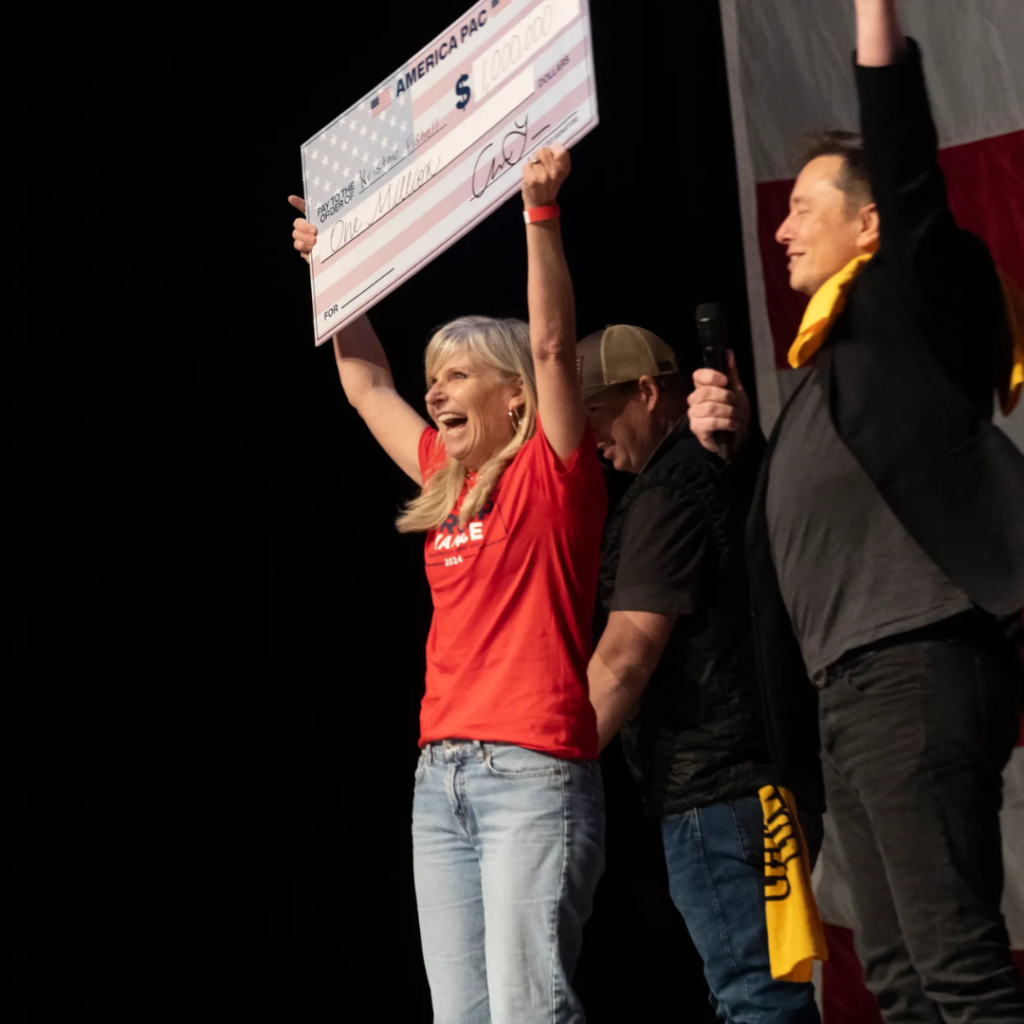
America PAC’s website promotes the lottery as a way to encourage support for principles like free speech and the right to bear arms, issues Musk has publicly endorsed. Supporters see the lottery as an innovative voter engagement tactic, while opponents argue it undermines fair democratic practices.
As the legal dispute unfolds, the decision over jurisdiction—whether it stays in federal court or returns to state court—could impact similar cases involving private funding in public elections. With Musk’s attorneys due to respond by Friday morning, this high-stakes legal battle continues to spotlight the growing role of wealthy individuals and super PACs in influencing U.S. elections.
